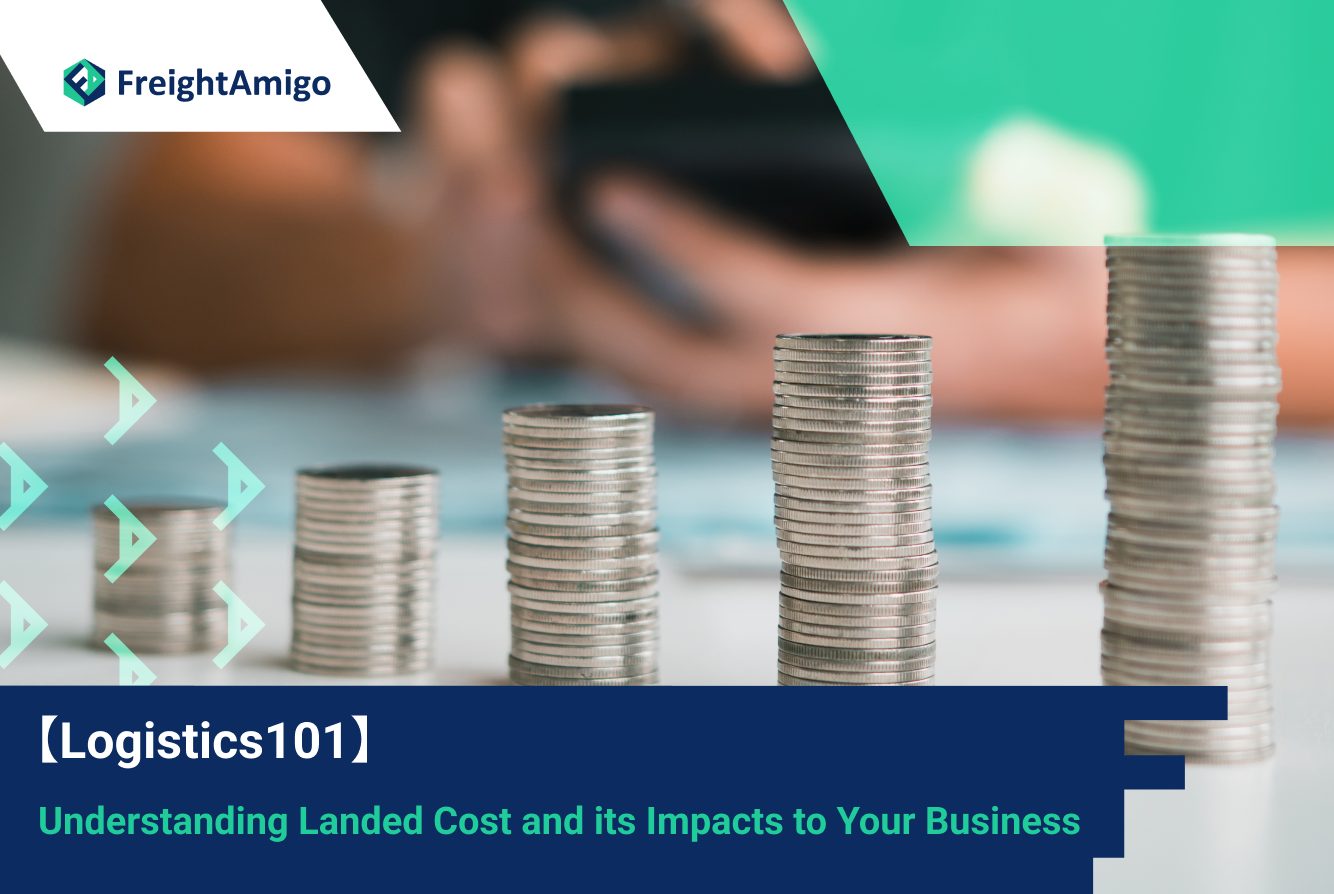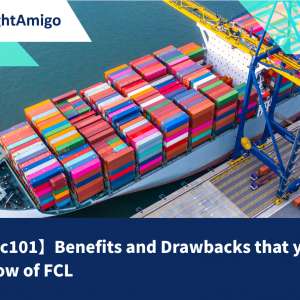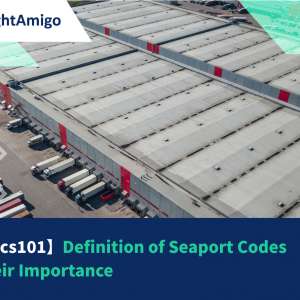Author Name:Tiffany Lee – Marketing Analyst at FreightAmigo
Whether you are an importer, exporter, or looking to expand your business globally, understanding landed costs is critical to success in today’s global economy. This article will help companies understand the concept of landed costs. This article will cover calculation methods, factors that affect landed costs, and strategies to reduce landed costs. Our goal is to help businesses accurately price their products, manage inventory, and analyze profitability. By the end of this article, you’ll have a clear understanding of how landed costs impact the bottom line of their business and how they can be optimized for maximum profit.
Want to compare the best Express, Air Freight, Sea Freight, Rail Freight & Trucking rates so as to have better control on cost?
What is the definition of Landed Cost?
The landed cost is the total cost of the product from the place of production to the buyer. And this includes commodity prices, shipping costs, insurance, customs duties, and other costs incurred along the way. Accurate calculation of landed costs is very important to control costs and is a very important part of running a successful business.
Why is it important to understand shored costs?
There are both obvious and hidden costs involved in getting any product to your customer and knowing your landed costs can give you a clearer picture of the actual cost of your product. And it also allows you to evaluate your supply chain and analyze where you can reduce costs. Ultimately, this information allows you to better calculate profitability and even whether your business model is sustainable. However, calculating landed costs can be difficult if you don’t know the full costs or can’t predict how high or low the additional costs will be. So having the right tools to forecast and estimate values as close as possible to actual costs is critical.
How to calculate landed cost?
Here is the basic equation to calculate:
Shipping Charges + Customs + Risk + Overheads = Landed Costs
Shipping costs
Shipping costs don’t just refer to the process of crating your goods and putting them on a ship (or plane, truck, train, etc.). There are also different costs like crating, packing, and moving.
Customs
Each nation has its organizations to keep an eye on the movement of products across its borders. These organizations are also in charge of collecting all taxes, including value-added tax (VAT), brokerage fees, and port fees.
Risk
The price of avoiding the risk could go up, but the cost of not insuring the risk could be even higher. Considerations like insurance, compliance, quality, and safety stock are crucial.
Overhead
The third factor in the calculation is operating costs. Overhead costs for procurement personnel, due diligence, travel, and exchange rates are all included.
How to Calculate Landed Cost Accurately
Using the FreightAmigo platform can help you better calculate landed costs. You only need to enter the shipping address (origin and destination), cargo weight, cargo quantity, and amount on the platform, and the platform can provide the estimated landed cost of different transportation companies. FreightAmigo helps you compare the transportation costs of international express, air freight, sea freight, rail freight, and truck logistics management in real time so that you can better control costs.
FreightAmigo helps you simplify the freight procedure and control the cost more accurately! If you are planning to ship goods overseas, please go to the FreightAmigo page for inquiries.
Extended Readings
【Guide to Air Freight】Costs, Pros & Cons for Your Cargo
【Logistics101】Benefits and Drawback that you must know of FCL
【Logistic101】 CIP Meaning and Usage of Incoterms
If you have any inquiries on logistics/supply chain, feel free to contact FreightAmigo now:
Chat with us online OR
Phone / WhatsApp: +852 27467839









































